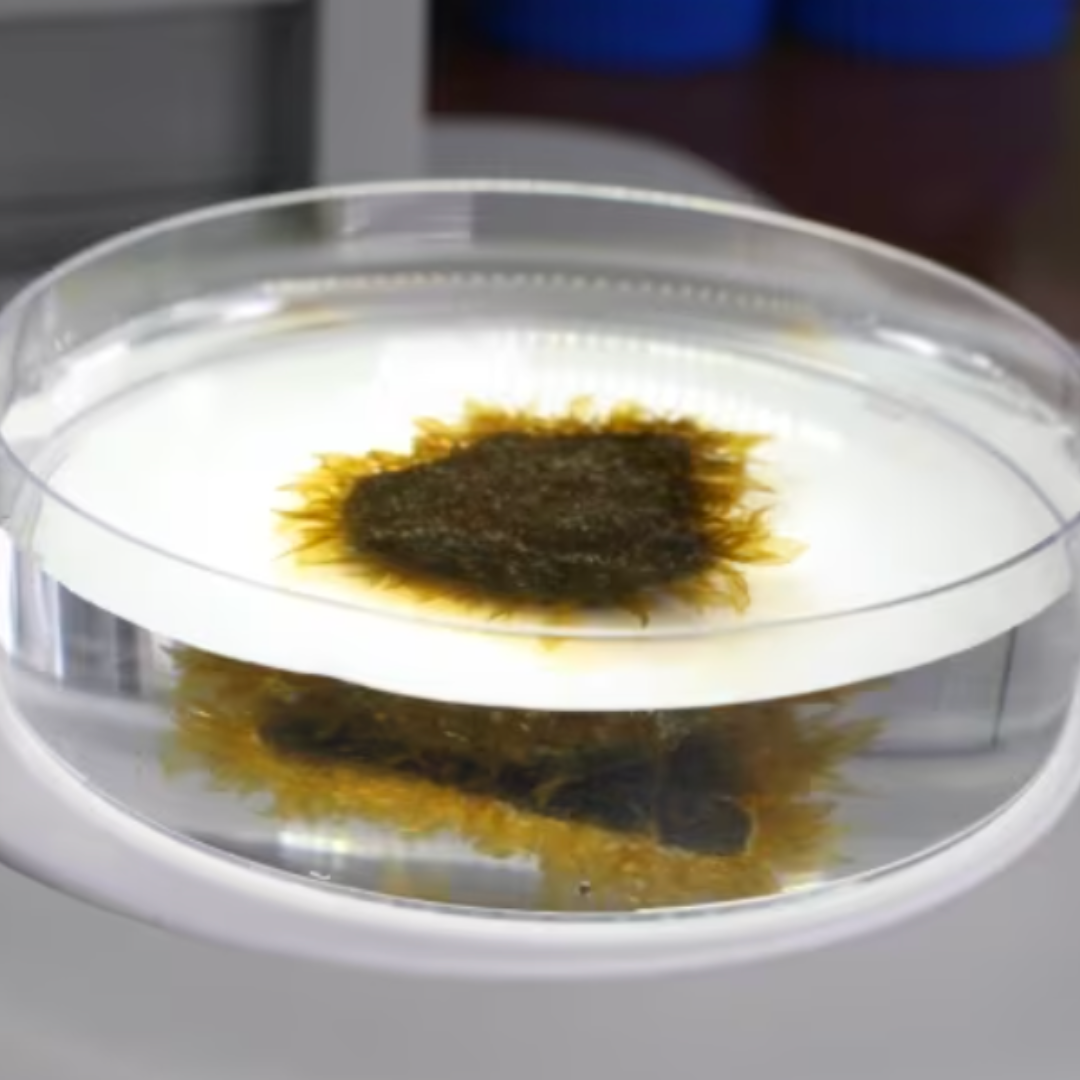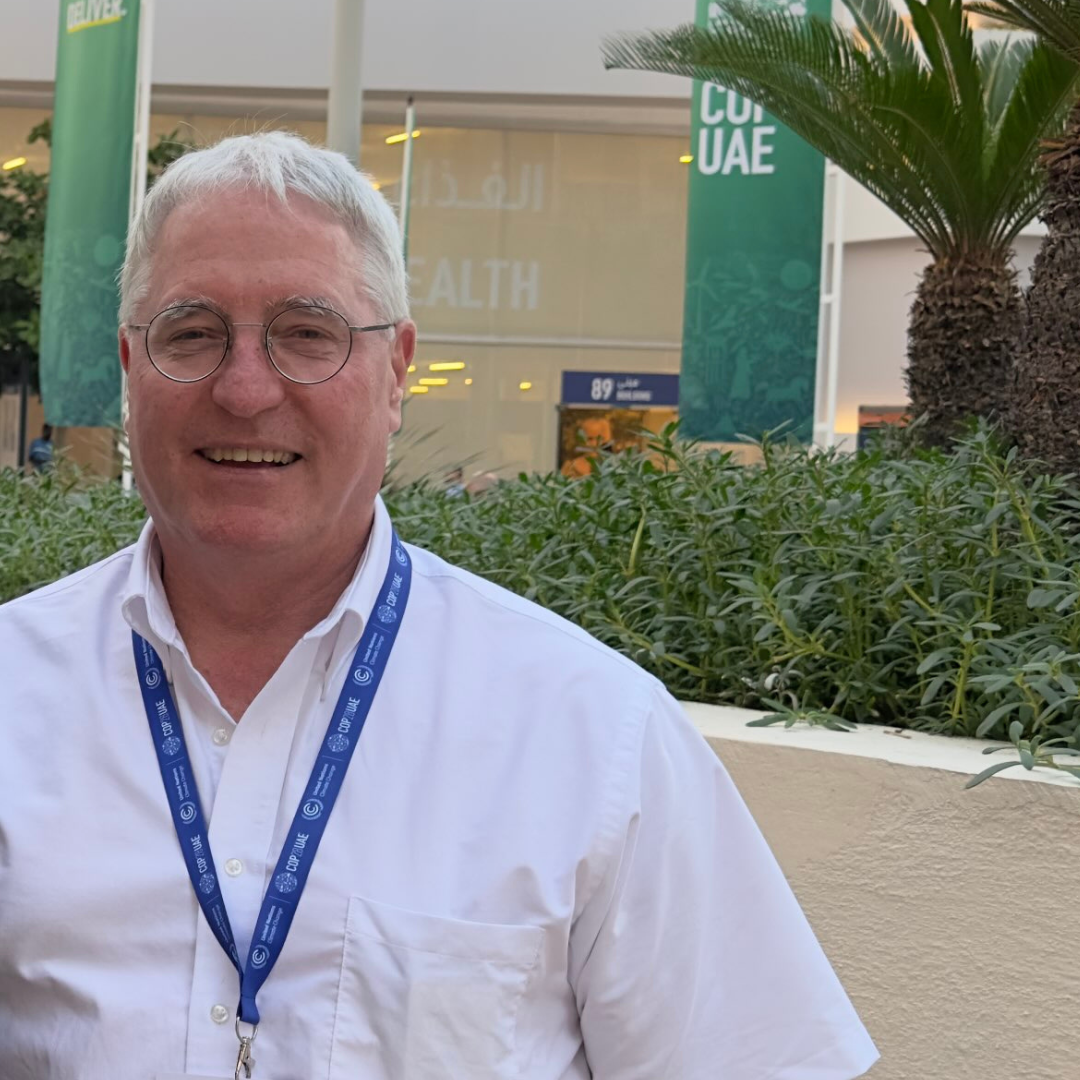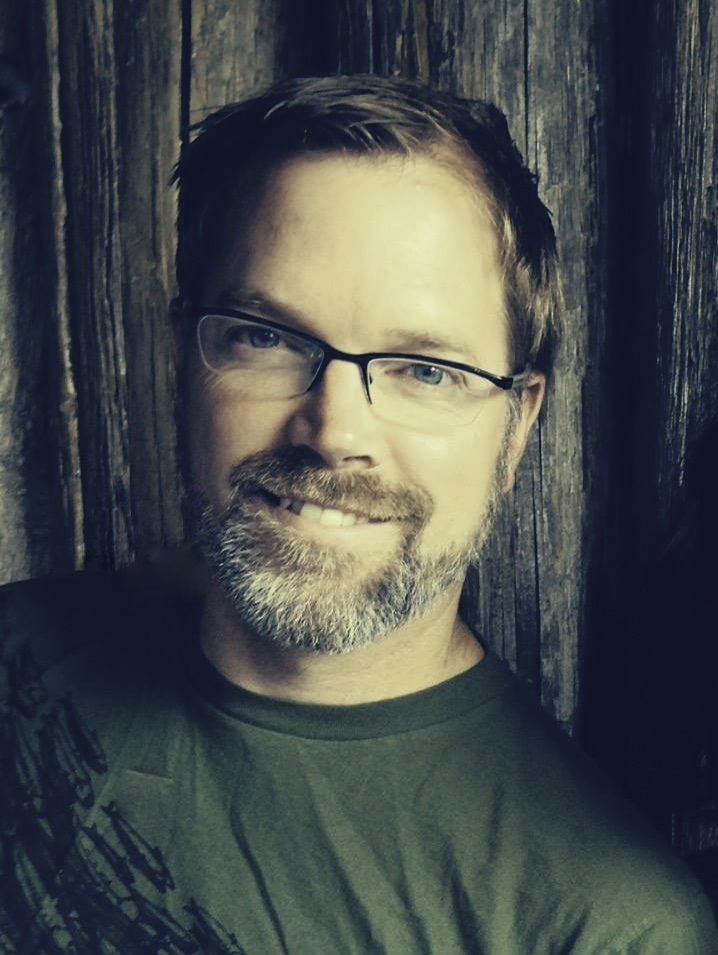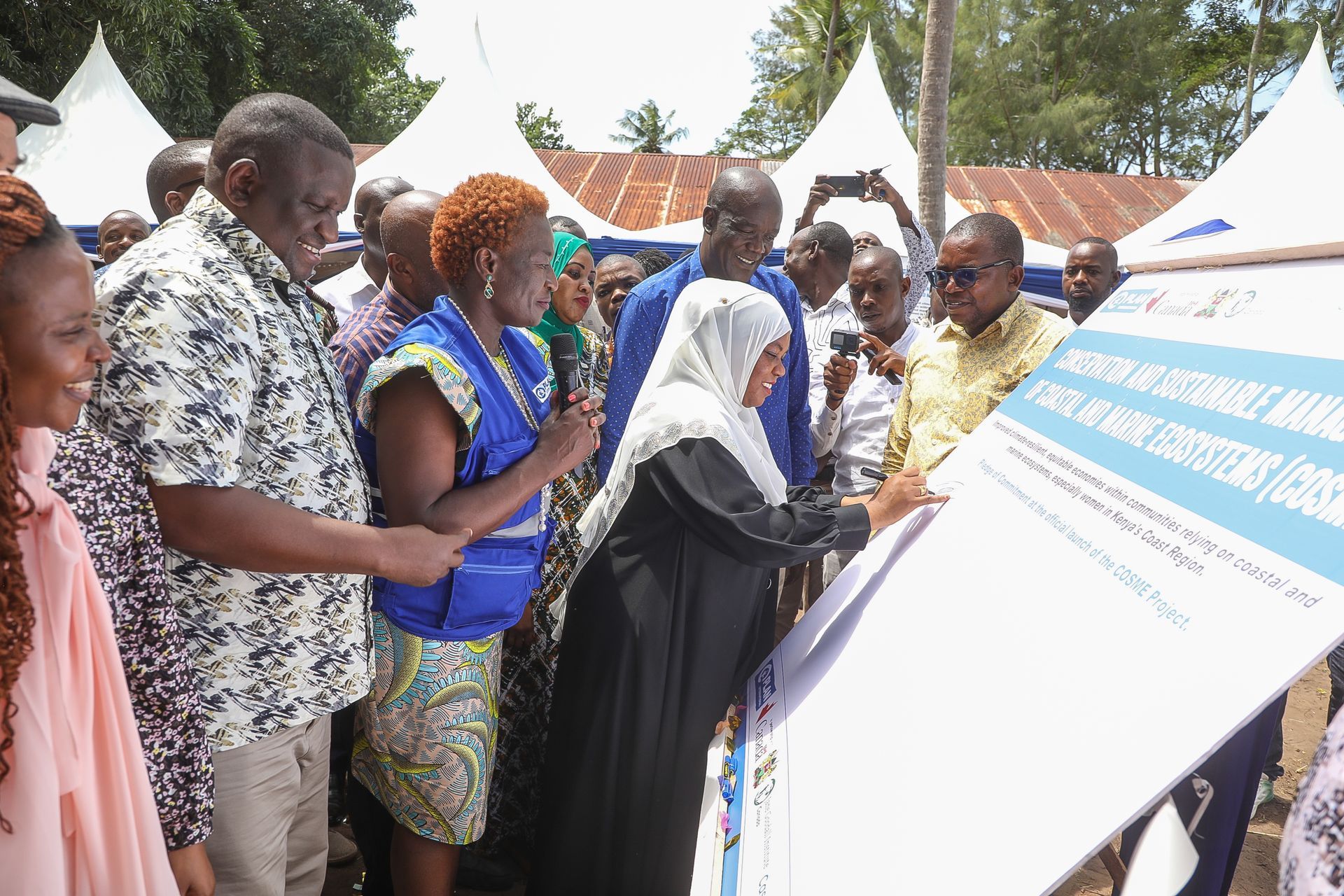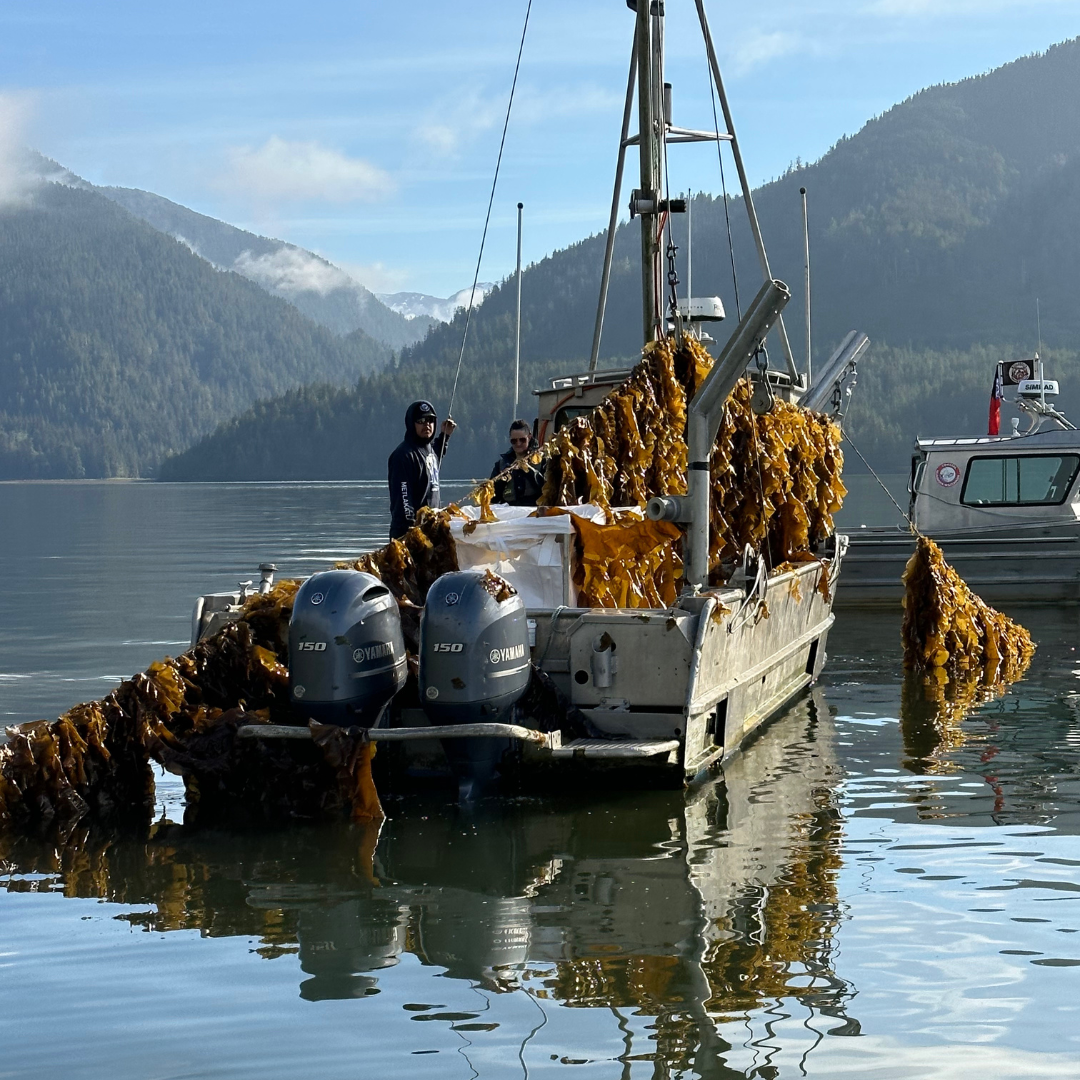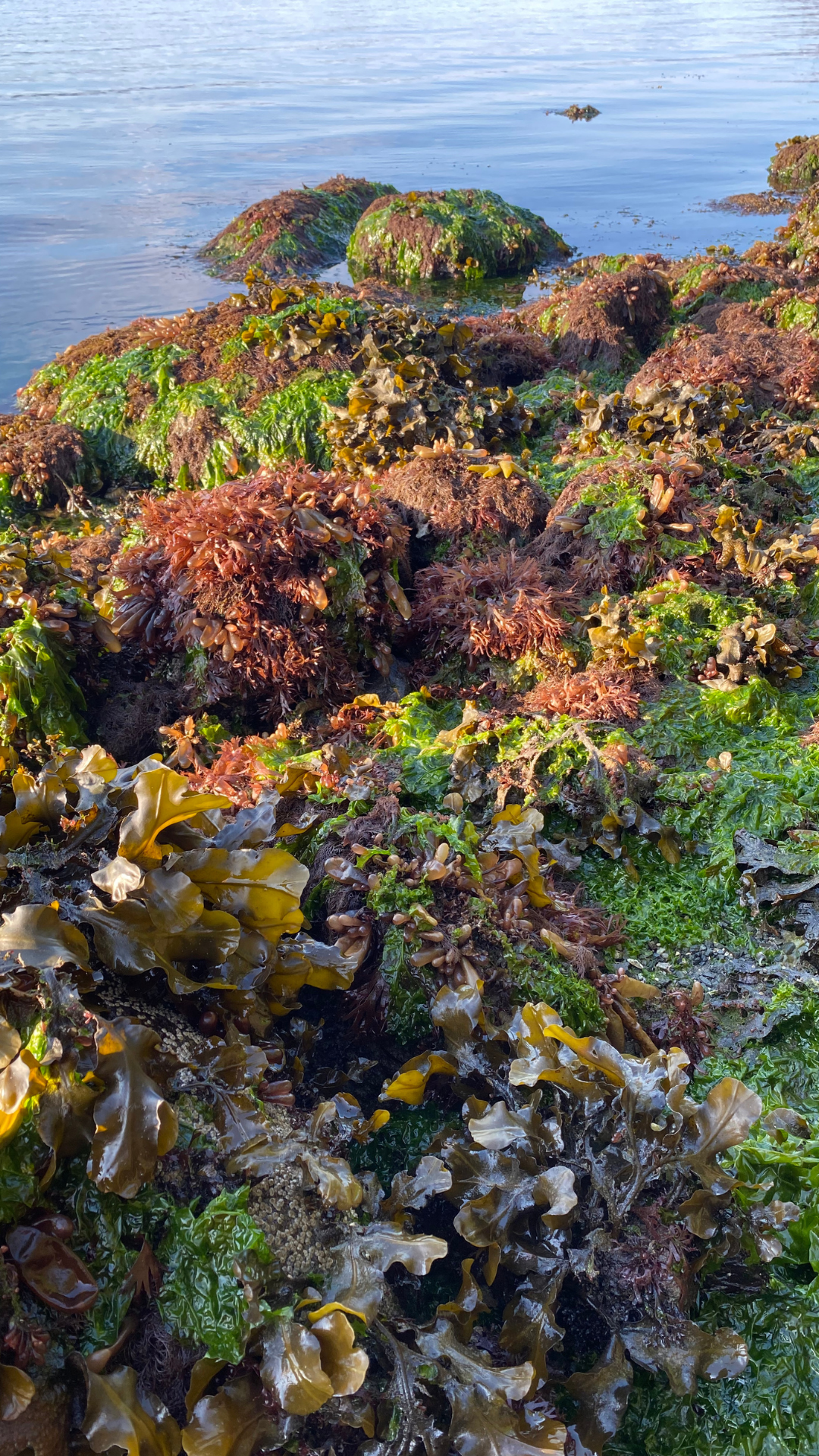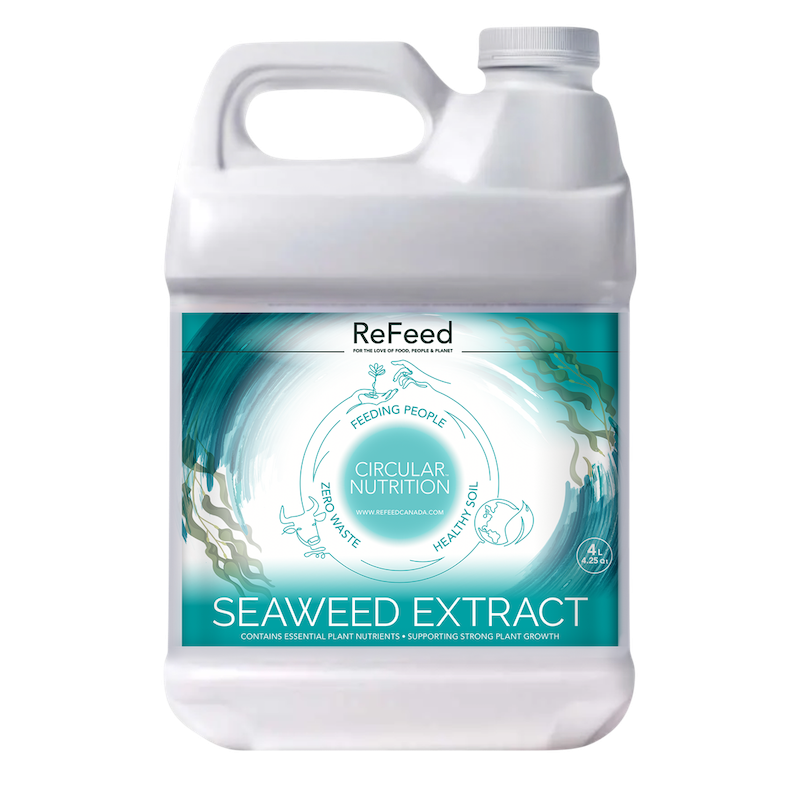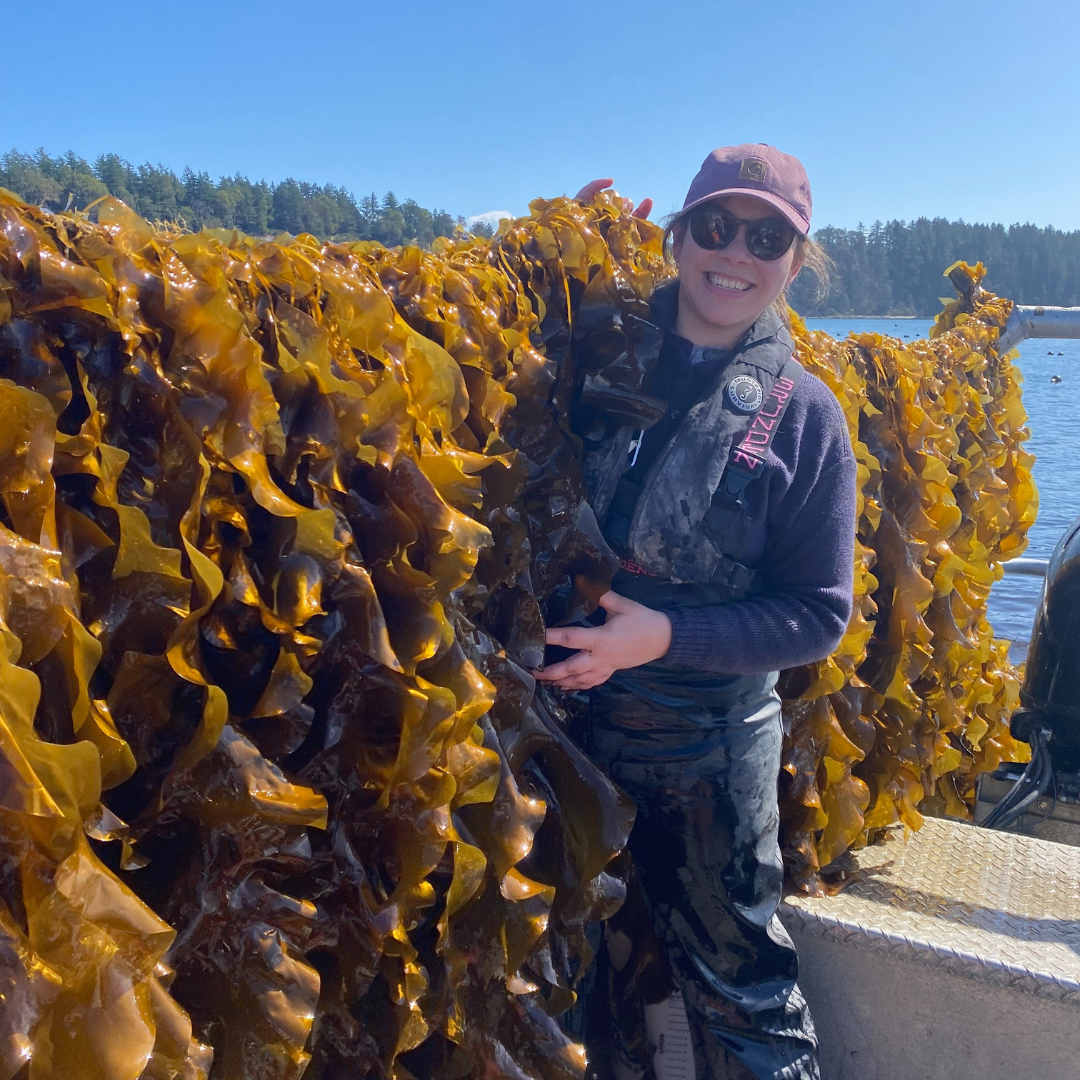At Cascadia Seaweed, we cultivate local species of seaweed and manufacture products for crop and cattle farmers.
“Kelp farms are already known to have ecosystem benefits, but their role in bolstering fish communities, particularly important species like salmon, is relatively understudied. With declines in both salmon and kelp forests along BC's coast, seaweed farming has the potential to help regenerate both.”
— Dr. Colin Bates

Over the past few months, Dan has been building a collection of 21 programmable underwater video cameras — our KelpCams— to support Colin with the BC SRIF project, which is working to evaluate kelp farms as habitat for migrating salmonids and their fish and plankton prey. The underwater cameras are based on an existing design but have been customized for our purposes.
These KelpCams will be deployed for 13 months and will generate a lot of data! We are working with the Albu & Juanes labs at the University of Victoria to develop computer vision algorithms to sort the data and help to identify fish. This KelpCam data will be paired with fish surveys using ROVs and divers to thoroughly evaluate the fish communities within Cascadia’s kelp farms.
To help understand how kelp farms might bolster fish biodiversity, Cascadia Seaweed has also built and deployed four multiparameter oceanographic monitoring arrays. These were designed by a local company AML Oceanographics, and will measure salinity, temperature, chlorophyll, turbidity, dissolved oxygen and available light every 20 minutes for the next year. The data is shared with Ocean Networks Canada who will make it publicly available on their Oceans 3.0 platform.
Colin assembled frames for the KelpCams and the oceanographic monitoring arrays, and has been travelling between Barkley Sound and Clayoquot Sound to deploy and test the devices at two of our farms and two nearby reference sites. These instruments, along with environmental assessments conducts as our seaweed grows, help us gain an understanding of the impacts of seaweed farming on local ecosystems, and what conditions are needed for our seaweed to thrive.
This story was also told using an Instagram Reel:
https://www.instagram.com/reel/CbyUQH-Fe3P/
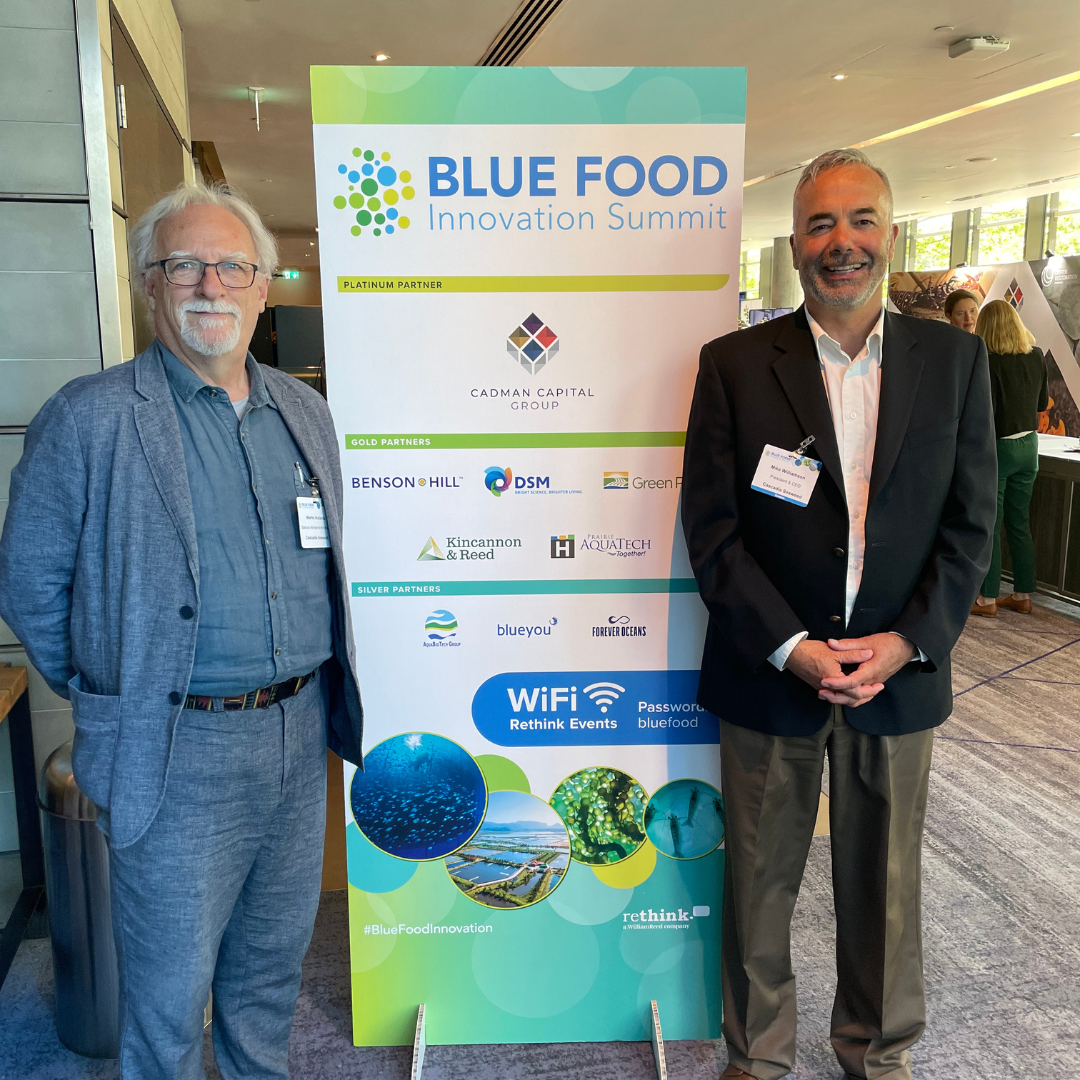
C - 9774 Third Street Sidney British Columbia V8L 3A4
Email: info@cascadiaseaweed.com
Phone: 1-778-351-4484

9774 - C Third Street Sidney British Columbia V8L 3A4
Email: info@cascadiaseaweed.com
Phone: 1-778-351-4484

